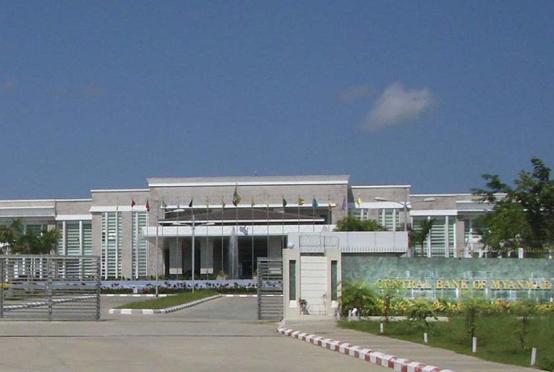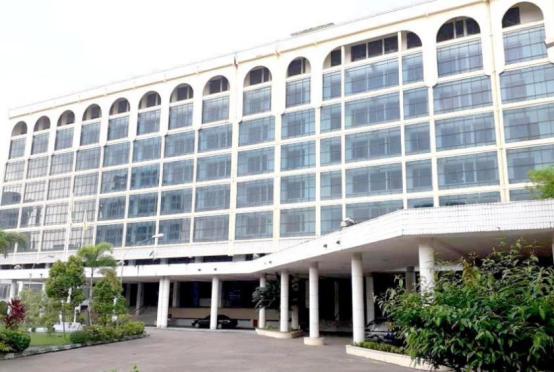(The China Post/ANN) - The average regular wage in Taiwan rose 2.25 percent from a year earlier in March, after a 1.86 percent year-on-year increase in February, the Directorate General of Budget, Accounting and Statistics (DGBAS) said on May 10, but real wages are at the same level they were at 17 years ago, according to DGBAS statistics.
Data compiled by the DGBAS showed average regular wages in March reached NT$41,674 (US$1,349), up NT$917 or 2.25 percent from a year earlier. On a month-on-month basis, the average regular wages also rose 1.06 percent, the data indicated.
In contrast to regular wages, the average earned income, which includes regular salary plus bonuses, overtime pay, and other irregular income, fell 0.10 percent from a year earlier to NT$46,530 in March, the DGBAS said. As for the first three months of this year, average regular wages rose 2.18 percent from a year earlier to NT$41,535, the DGBAS said.
During the three months, the average earned income, totaled NT$64,997, up 0.95 percent from a year earlier, the lowest growth in three years, the DGBAS said.
After inflationary adjustments, the average regular wages rose only 1.85 percent from a year earlier and the average earned income grew only 0.62 percent from a year earlier.
That put regular wages around the same level as in 2002, while the average total earned income was only NT$2,000 higher than the level in 2000, according to the DGBAS statistics.
Pan Ning-hsin, deputy director of the DGBAS’ census department, told reporters that the continued year-on-year growth in regular wages in March showed many employers remained willing to raise salaries in the month, even as the growth of the local economy showed signs of slowing.
In the first quarter of this year, Taiwan’s gross domestic product (GDP) grew 1.72 percent from a year earlier, falling short of the 1.82 percent growth projected in February, according to the DGBAS.
Pan said workers were starting to feel the impact from a slower economy.
Although the average regular wage increased in March, the decline in non-regular wages, in particular, bonus payments, and a drop in average overtime hours worked showed the economy had slowed.
The average overtime pay in March totaled NT$1,819, down 1.99 percent from a year earlier with the average number of overtime hours down 6.02 percent from a year earlier at 7.8 hours, the DGBAS said.
According to Pan, the average number of overtime hours for the first three months of the year also fell 3.80 percent from a year earlier, making March the sixth consecutive month of a decline.
That provided evidence of a slower pace in economic growth.
Meanwhile, the average non-regular wages for the three-month period fell 1.16 percent from a year earlier, also indicating the effects from a slower economy, Pan said.
















